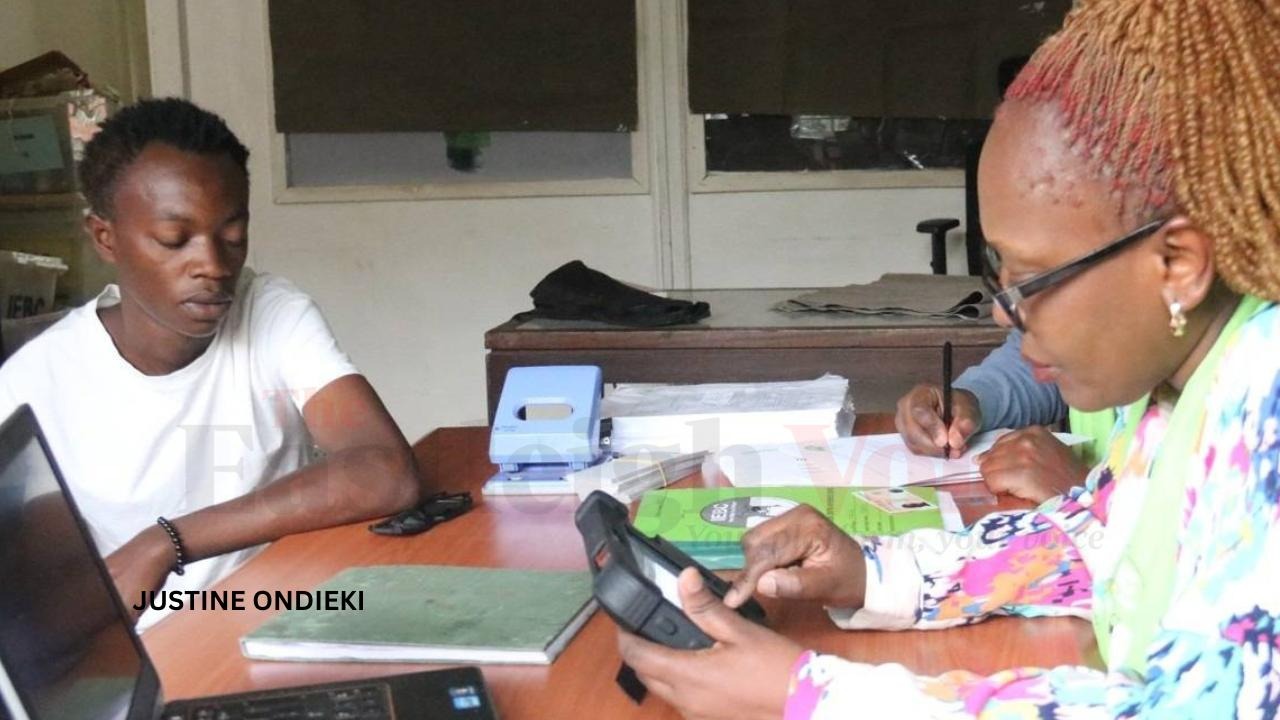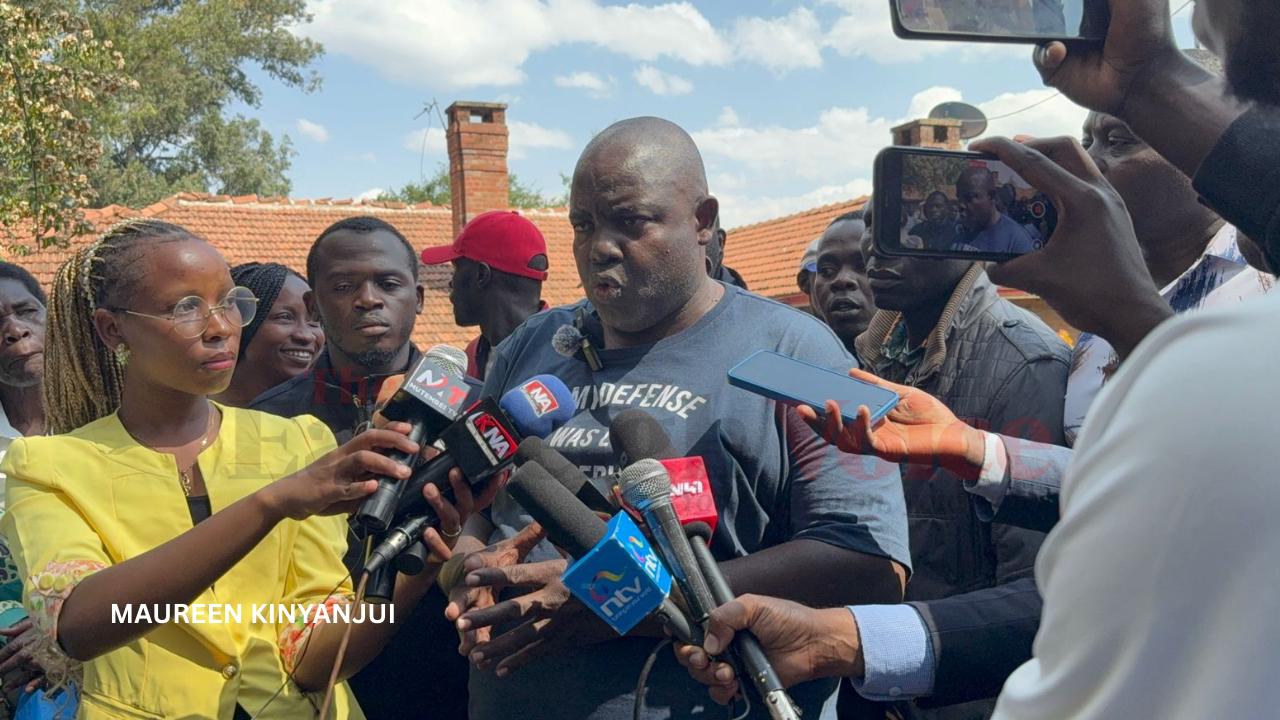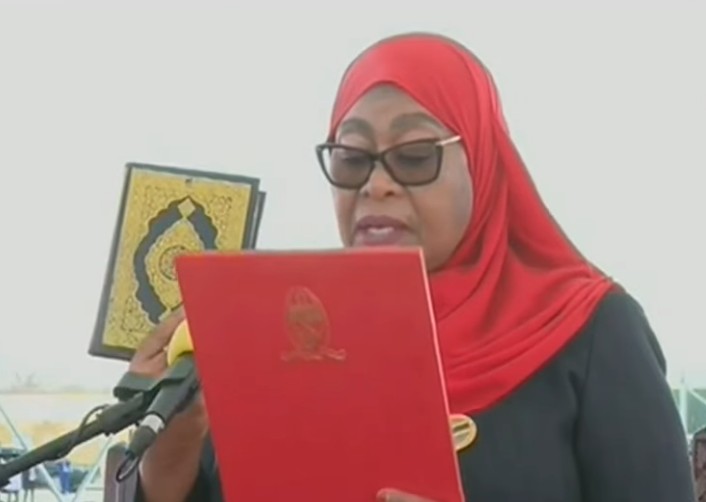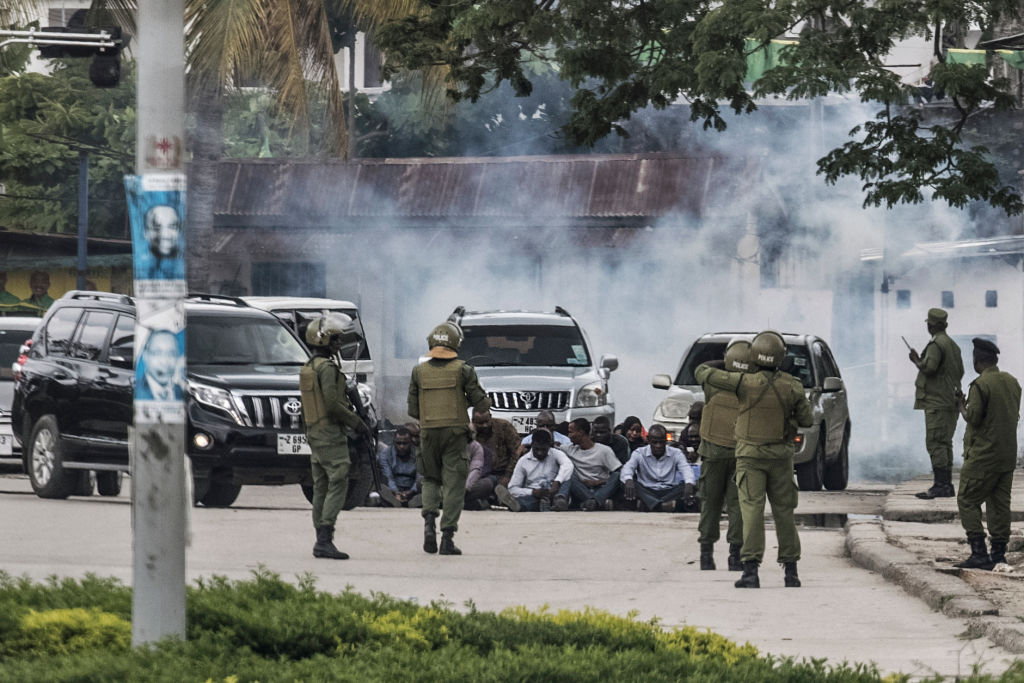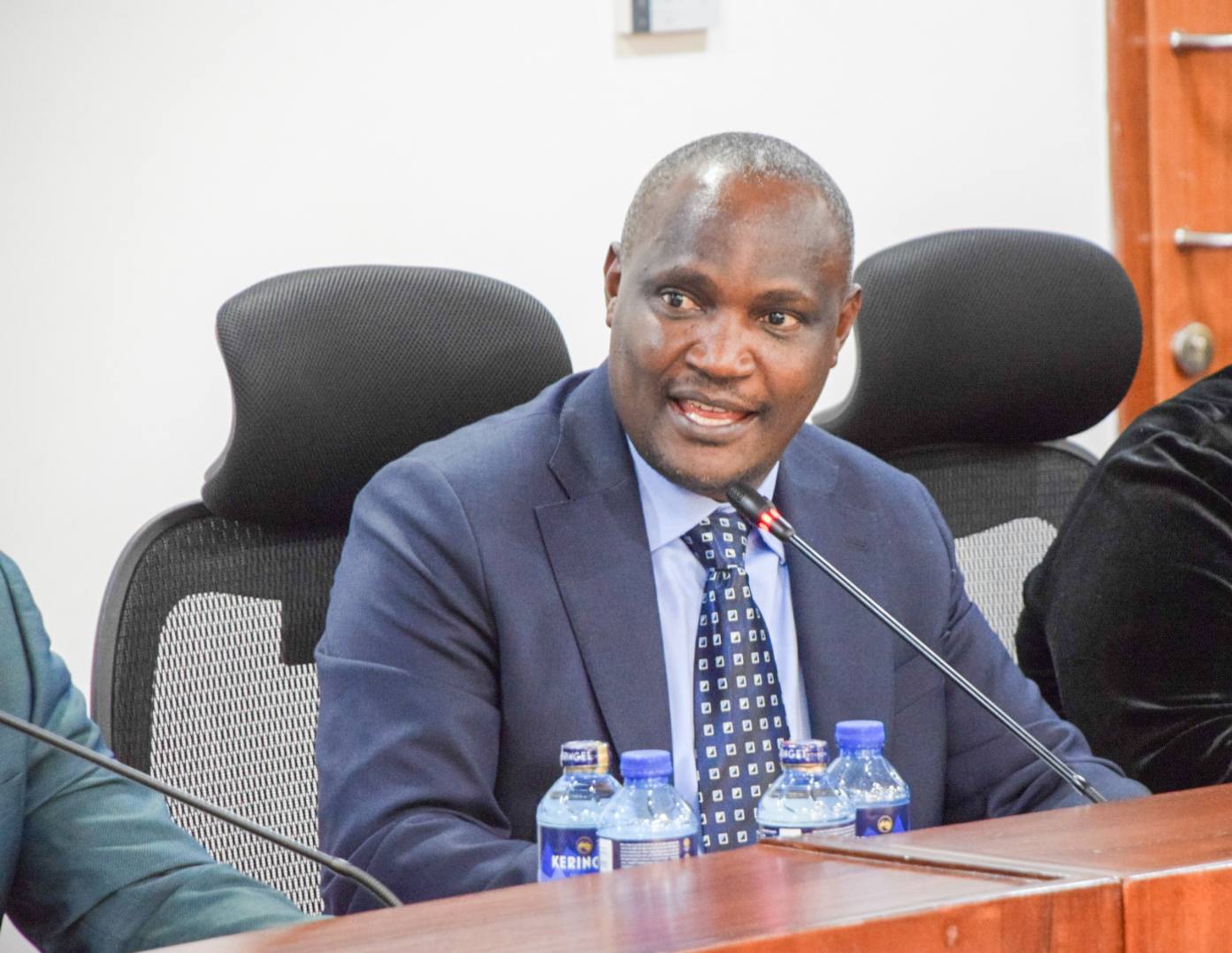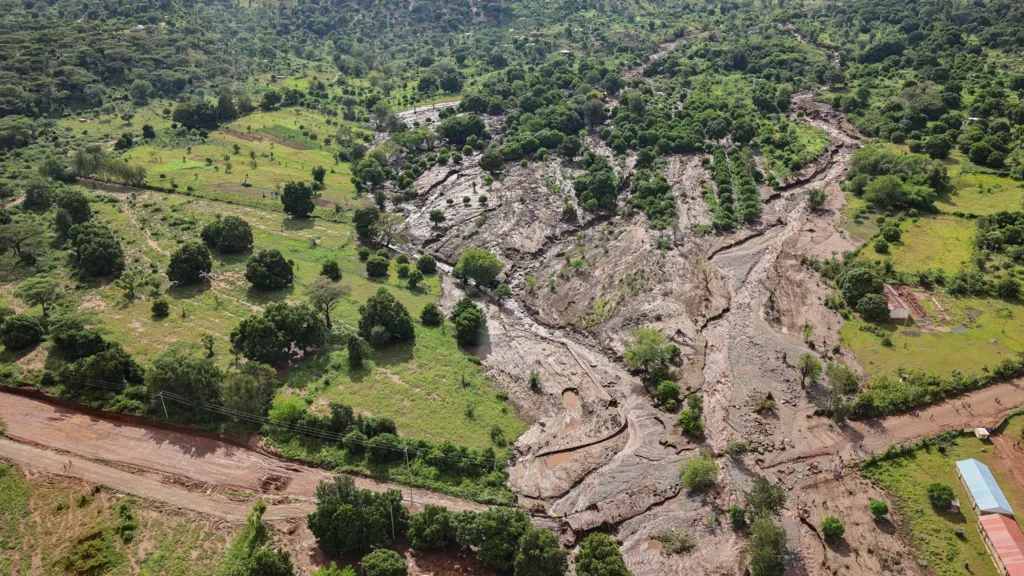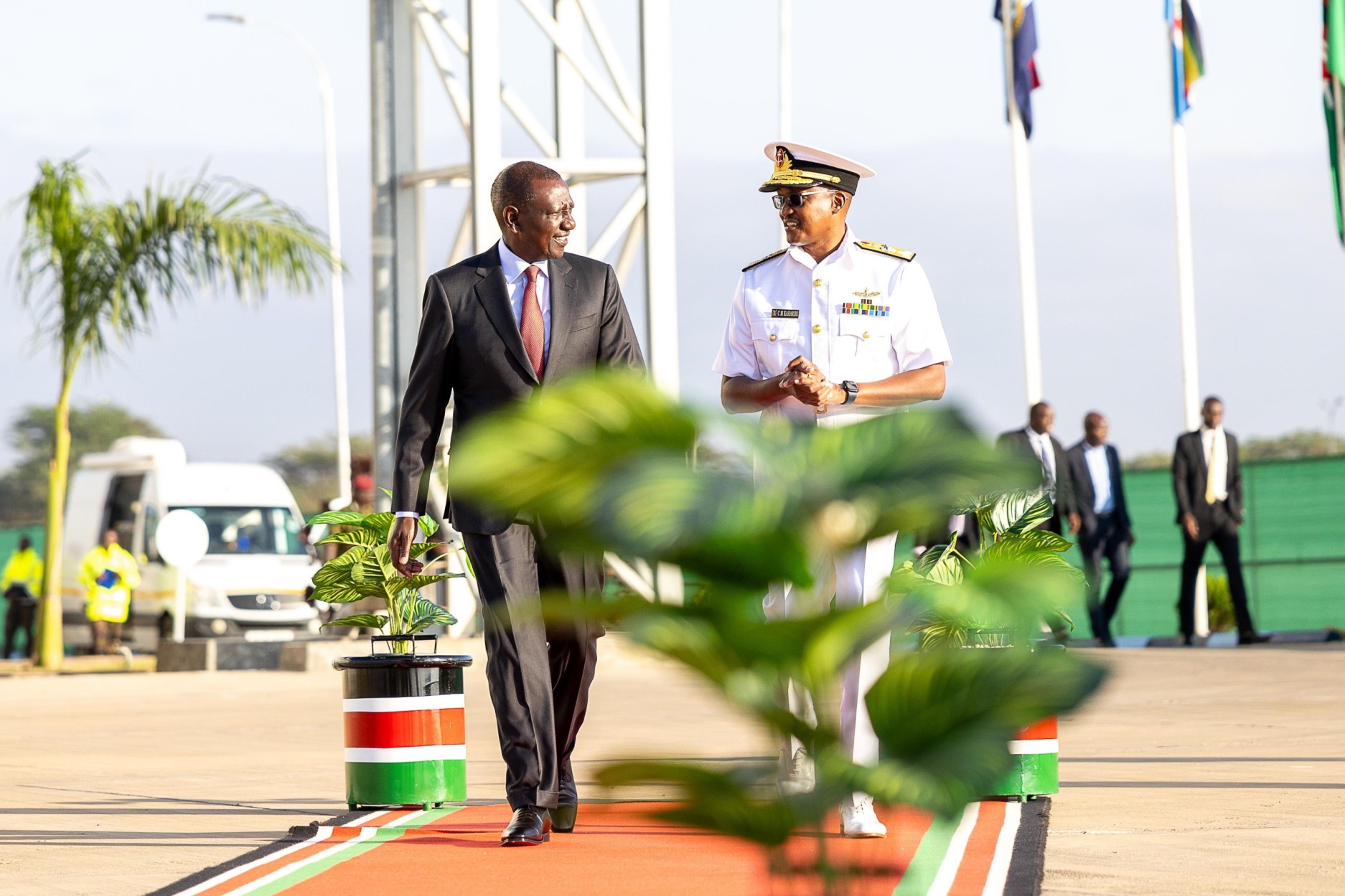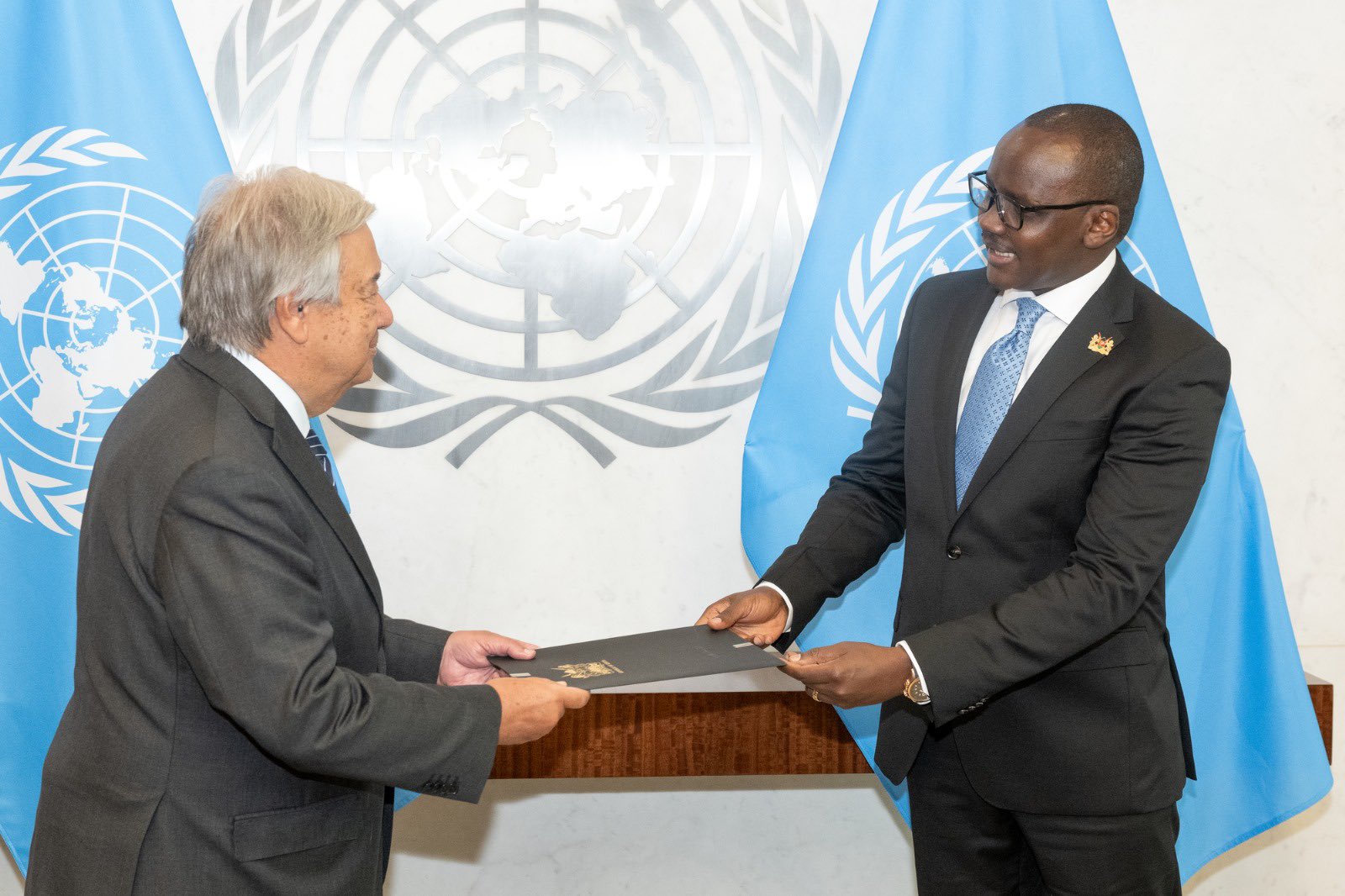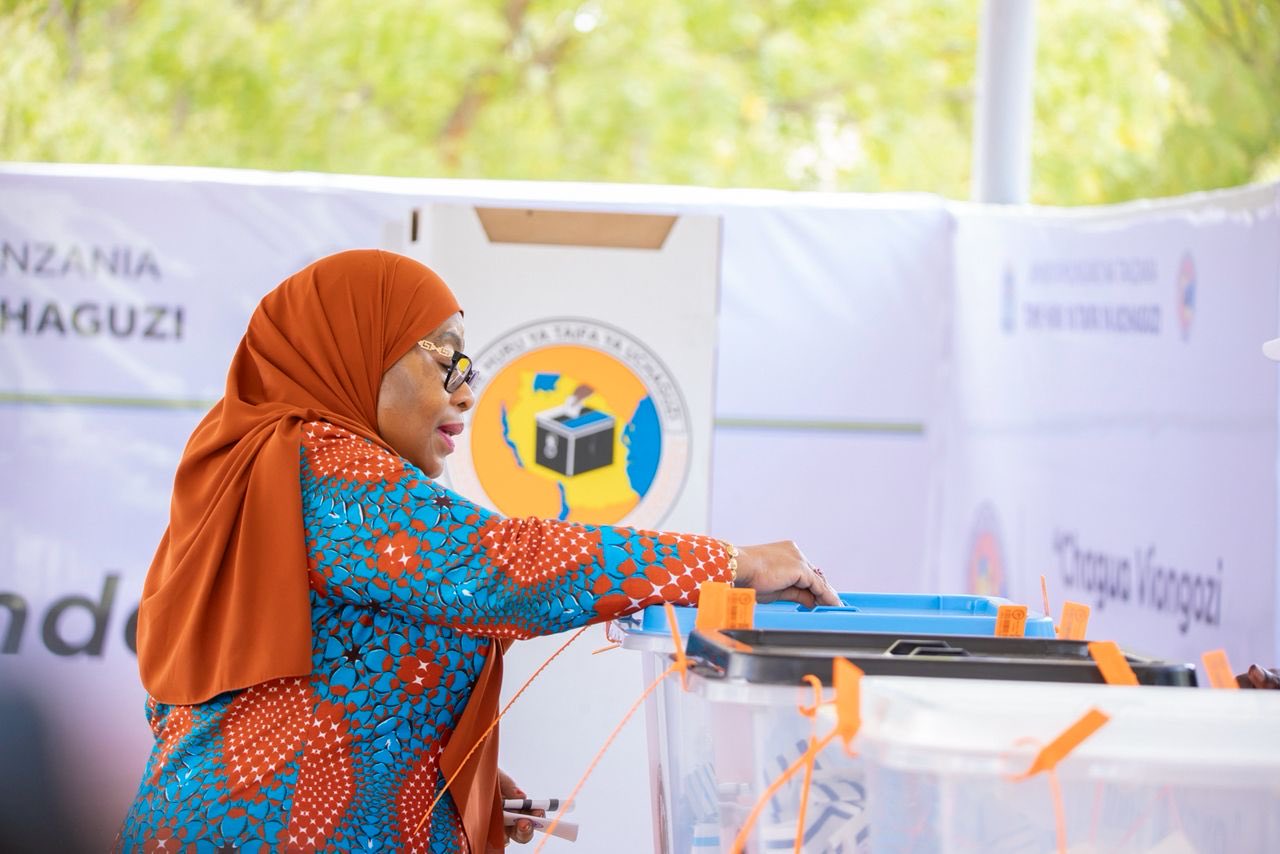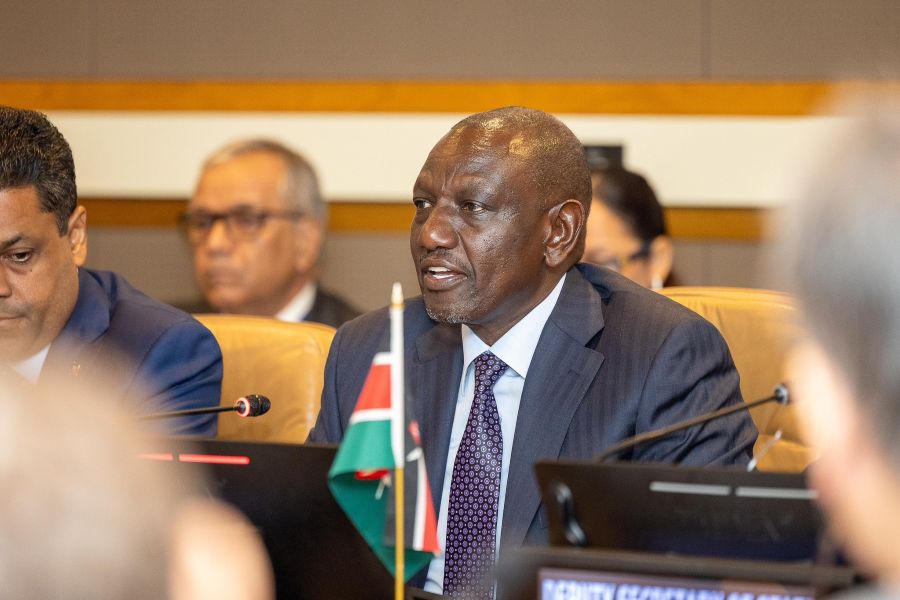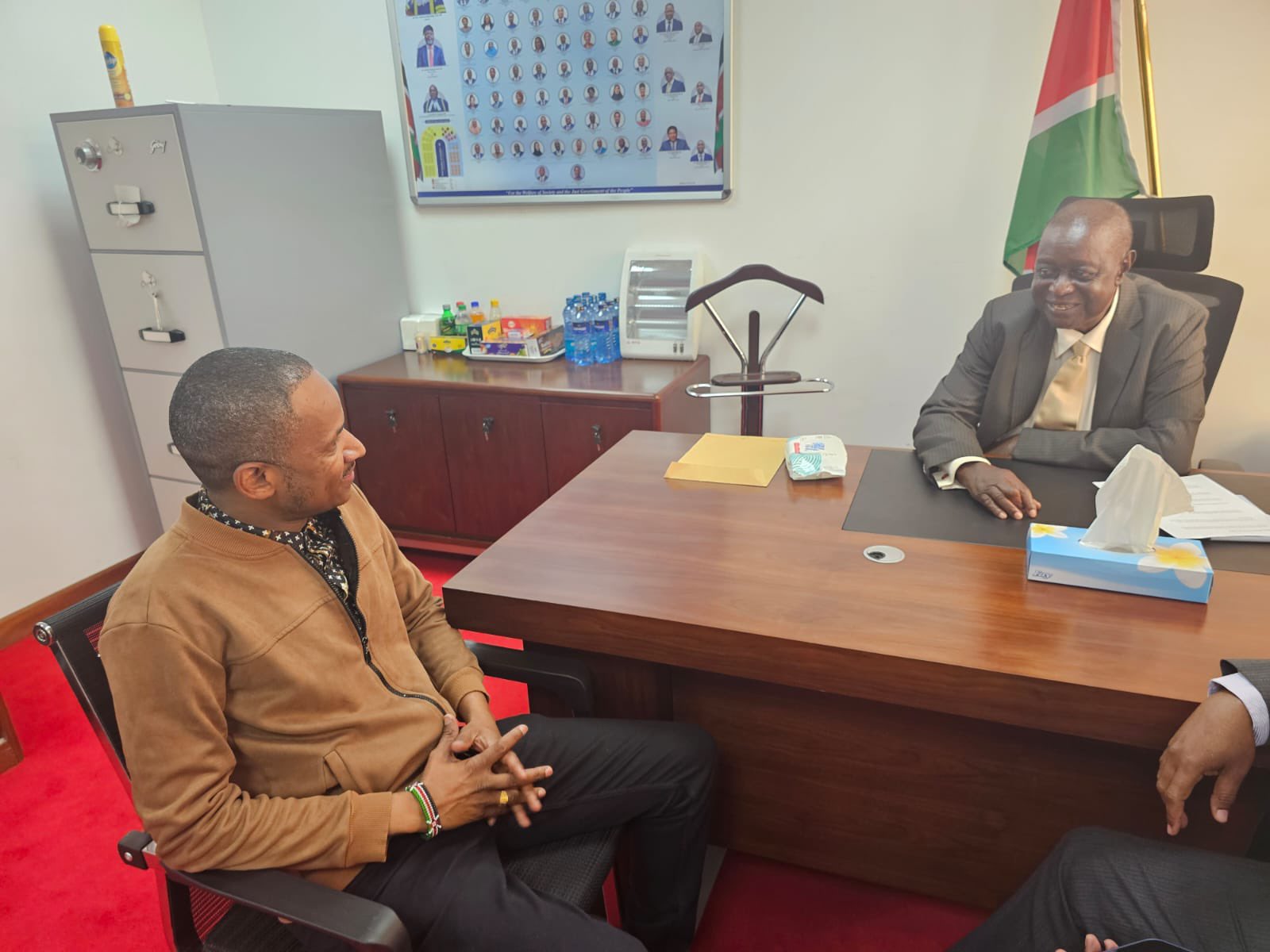Botswana’s election shock: Why voters kicked the ruling party out after 58 years
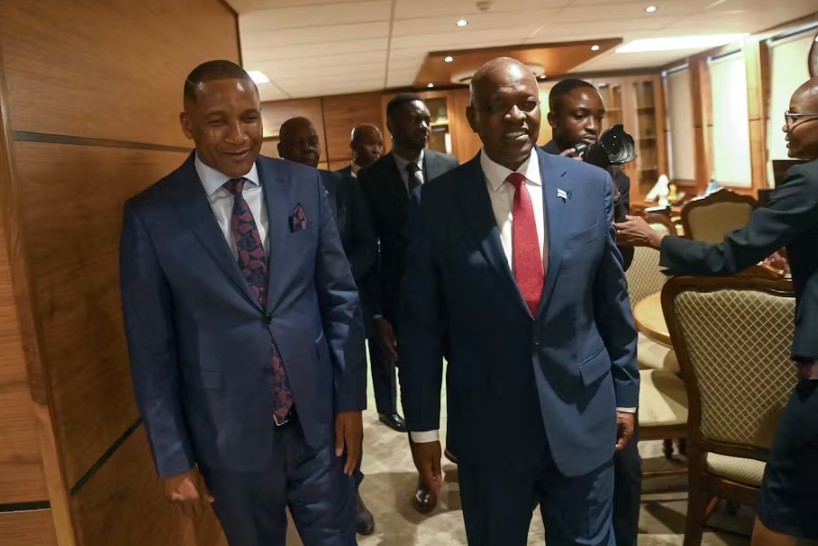
Masisi faced accusations of tribalism, favouring people from his southern region in government appointments. He was accused of interfering in judicial matters too.
The dramatic loss of power by the Botswana Democratic Party (BDP), which had governed Botswana since independence in 1966, will go down in history as one of the biggest electoral upsets in Africa.
Duma Boko (54), of the Umbrella for Democratic Change coalition, has replaced Mokgweetsi Masisi as the southern African country’s president. The Botswana Democratic Party’s share of support dropped to 31% in the October 2024 elections, giving it only four out of 61 constituencies. The Umbrella for Democratic Change claimed 36 seats. We asked University of Botswana historian and political economist Christian John Makgala for his insights.
More To Read
- Botswana vice president will double as finance minister
- Botswana’s new president: Who is Duma Boko and what does he stand for?
- Botswana's BDP party loses power in election, local media report
- Botswana unearths world's second-largest diamond
- Kenyan envoy to Botswana presents credentials to president Masisi
Briefly sketch Botswana’s history
When Botswana gained independence from Britain in 1966, it was one of the world’s poorest countries. But sound economic planning and the discovery of diamonds in 1967 allowed the ruling Botswana Democratic Party to provide efficient services and maintain political stability. Elections were held every five years.
The nation of 2.5 million had the highest GDP per capita in sub-Saharan Africa, above US$7,000, in 2023.
Botswana was considered one of the best-run countries in Africa for decades. Transparency International regularly rated it the least corrupt country in Africa.
But things began to change around 2008 under President Ian Khama. His presidency (2008-2018) was the most controversial in Botswana’s history.
It was marked by human rights violations and erosion of civil liberties. His government was also rocked by corruption scandals. Unemployment, particularly among tertiary education graduates, also grew. Economic inequality remains among the highest globally.
A breakaway party, the Botswana Movement for Democracy, was formed in 2010 owing to Khama’s intolerance in the Botswana Democratic Party.
In 2011, the Botswana Federation of Public Service Unions staged a two-month strike after Khama’s government refused them a 16% salary increase. The strike paralysed public services. Thousands of workers were dismissed. The labour federation united opposition parties to form the Umbrella for Democratic Change to challenge the ruling party in the 2014 election.
The combined opposition won 53%, the ruling party only 47%. However, it retained power thanks to the first-past-the-post electoral system.
Why the dramatic change?
Khama controversially appointed Mokgweetsi Masisi as vice-president after the 2014 election. Masisi became president in 2018 after Khama retired at the expiry of his second term of five years.
Masisi reversed many of Khama’s unpopular policies. The two soon fell out and their relationship became acrimonious.
Just before the 2019 election, Khama formed a breakaway party, Botswana Patriotic Front. Both Khama and Masisi used tribalism in their campaigns for the 2019 election. Umbrella for Democratic Change also embraced Khama and alienated the trade union federation, which annoyed some voters, hence Masisi’s easy victory.
Masisi’s presidency faced an economic slump due to the COVID-19 pandemic. Some businesses reduced production or shut down. Unemployment, poverty, economic inequality and crime soared. The government had to draw from its foreign reserves to support the population and buy COVID-19 vaccines.
Like Khama, Masisi used an unaccountable intelligence service to target rivals. He undermined citizens’ rights and government bodies. State resources were misused in a vendetta against Khama, who fled to South Africa in late 2021. He returned in October hoping to unseat Masisi in the election.
Courts dismissed cases against Khama as frivolous. Masisi rejected reconciliation efforts from ruling party elders. A UN review accused him of human rights abuses.
By the time of the 2024 election, government coffers were in distress.
Government hospitals have been short of medicines and essential resources due to a lack of funding, mismanagement and corruption.
How big are corruption and mismanagement?
Corruption thrived during Masisi’s tenure. He was accused by opposition politicians and the private media of amassing wealth through government contracts. He also awarded himself an unwarranted parliamentary allowance.
His family fought over government tenders in court. His sister reportedly received large contracts during his presidency.
The head of the institution investigating his associates for corruption was harassed and humiliated by the intelligence service. The heads of the anti-corruption body, Directorate on Corruption and Economic Crime and Botswana Police Service were pushed out amid political interference.
The turnover of directors at the state anti-corruption body peaked during Masisi’s five-year term. Government operations and service delivery were negatively affected.
The procurement process shifted to the direct awarding of contracts by permanent secretaries and ministers, a practice prone to corruption. Despite Botswana’s low corruption rating by Transparency International, graft has had a significant impact on service delivery.
Oversight institutions weakened during Khama’s presidency and remained weak under Masisi. He faced accusations of misusing government resources for frequent trips abroad, mainly to the United States.
The government spent some 26 million pula (US$1.5 million) on a presidential commission of inquiry into constitutional reforms. Its report disregarded Batswana’s suggestions for improving socio-political and economic conditions. The public wanted to elect their president directly, which Masisi opposed.
Masisi faced accusations of tribalism, favouring people from his southern region in government appointments. He was accused of interfering in judicial matters too.
He exhibited a lack of presidential decorum. For example, he used offensive language during crucial negotiations with De Beers, the country’s primary investor, over diamond licences in 2023. Diamonds account for 90% of Botswana’s exports.
Masisi also used disrespectful language to attack opponents – even village elders. This is unacceptable in a society that values good manners and botho (civility).
His association with unpopular Zimbabwean president Emmerson Mnangagwa, and his push for easier cross-border movement, were unacceptable to many Batswana. This was especially amid rising crime linked to the influx of undocumented Zimbabweans since 2000.
Serious concerns arose when Botswana’s Independent Electoral Commission was found to have secretly benchmarked its operations with its discredited Zimbabwean counterpart. This raised suspicions of potential election rigging. Concern intensified after a Zimbabwean official pledged support for the ruling party’s reelection, at the party’s manifesto launch.
As the 30 October Botswana election approached, Masisi revealed state secrets about past negotiations with De Beers at a political rally, sparking condemnation from critics.
The Botswana Democratic Party’s primary elections for parliamentary and council seats were held late and marred by irregularities. Masisi’s recall of a party candidate, over dubious charges to favour another, provoked popular anger. Khama returned to Botswana just before the 2024 election to campaign for Botswana Patriotic Front. Citizens, disillusioned with Masisi’s arrogance, warmed up to him.
Concerns about Masisi’s governance have led to the opposition winning about 80% of local government by-elections since 2019. His party’s loss in the 2024 election reflects growing grievances against Masisi and his party.
What are the changes Batswana want to see?
The new government has raised hopes with its electoral promises. These include more than doubling the monthly minimum wage, about P1,500 a month, to P4,000 (almost US$300).
The party also pledged to increase stipends for tertiary education students, now under P2,000, and old-age pensions of P530 a month. However, with the economy in decline, achieving these increases may be challenging.
President Boko would also do well to:
- ensure accountable governance, with appointments based on merit rather than loyalty to the president or the ruling party
- ensure the independence of the judiciary and effective separation of powers
- ensure true independence for oversight institutions to combat corruption
- award government contracts fairly, instead of favouring large foreign entities over local enterprises.
Some of these changes can be pursued through a genuinely consultative process of reviewing the constitution to address the excessively powerful presidency and other issues.
Top Stories Today
